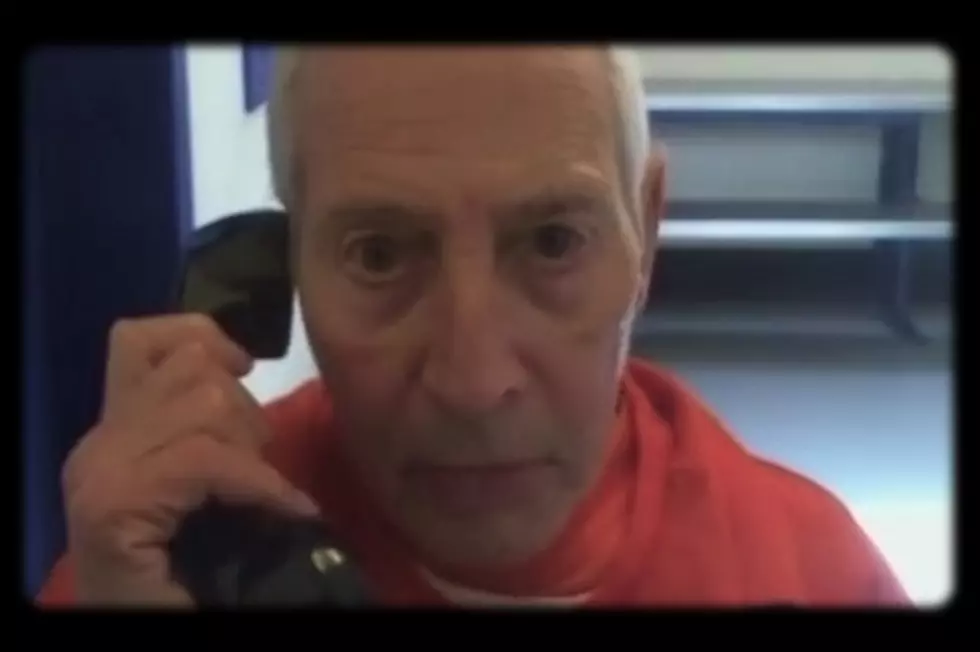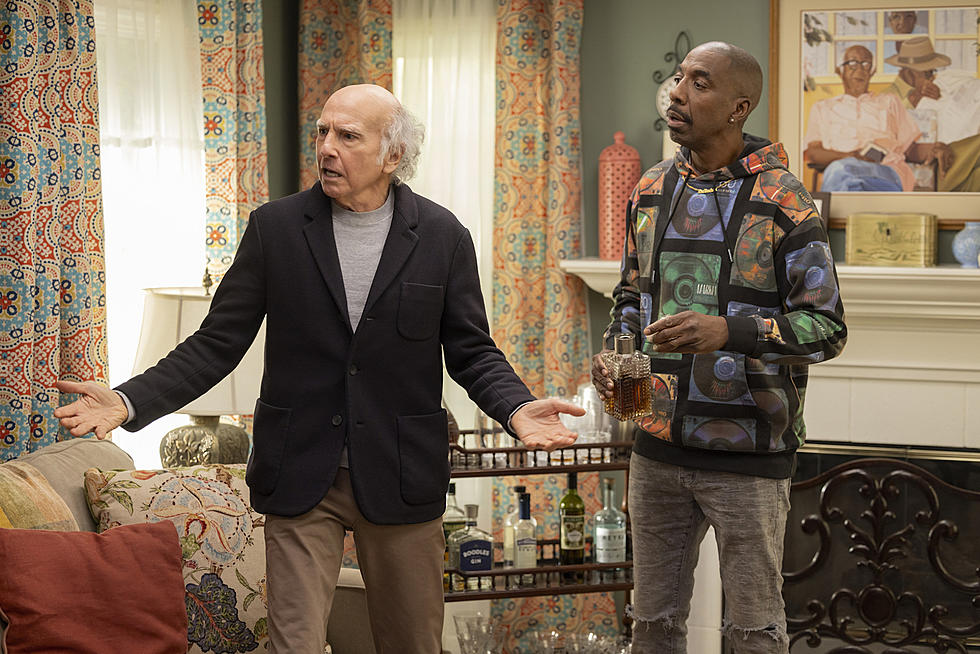
‘Boardwalk Empire’ Season Premiere Review: “Golden Days for Boys and Girls”
'Boardwalk Empire' returns for its fifth and final season, with a time jump that takes us forward seven years to 1931. While some things and places have indeed changed, much of the first hour is merely arranging the table for the final eight episodes, while also drawing bridges: a bridge between Nucky's various pasts and present, and narrative bridges between what was, what is, and what has to be; there's also a nice bit of thematic tissue in the episode's latter half that connects the series to 'The Sopranos,' as we witness the dawn of a new Italian mafia era back in New York.
'Boardwalk Empire' has never been that subtle, but in comparison to something like 'The Leftovers,' or, say, the work of Ryan Murphy, it's vastly more elegant -- or at least mature, if we're making the Murphy comparison -- in conveying its themes and ideas. But "Golden Days for Boys and Girls" is definitely one of the show's least subtle hours, opening with the voice over recital of a poem that feels like that Levi's commercial with the Walt Whitman poem from several years ago (and that's definitely Gretchen Mol's voice, right? Season 5 credits assure me she returns). Past and present collide as Nucky reminisces on his childhood from Cuba, where he's now based his operations in 1931, but his American business dealings and the magnetic pull of New York still call to him like the pull of the ocean tides.
The ocean is on the periphery in many of Nucky's scenes -- he's surrounded by it on the boardwalk back in Atlantic City as a child, where he learns how to get ahead by finding a businessman's hat and, instead of pilfering the $50 inside, returning it honestly; and he's surrounded by the water in Cuba, just as he's still surrounded by people he can hardly trust, and people who still want to see him dead. Meyer Lansky even makes an appearance, and it's hard to believe that Nucky buys his vacation story for even a second -- in the parlance of our old pal Arnold Rothstein, what are the odds?
I'm not entirely sure that the flashback sequences in the premiere work -- by now, we know so much of Nucky's history that these feel as redundant as the return of the ocean tide. He's no longer the enigmatic crime figure in the windows over the boardwalk, and having removed himself from Atlantic City to find some liberation in Cuba, it feels like an afterthought. But perhaps this rumination on his past and the honest little Nucky that once was is exactly why he needs -- or at least wants -- to see it now (though I'm not sure that we do), as justification for an inevitable return.
This series has long been about opportunism -- some are better at taking than others, but we've also seen the various shades of victims. Some are self-inflicted victims, some are innocent bystanders, and others become willingly absorbed into criminal activity because there's just no other way. This is the land of opportunity, and if you want a life for yourself, you have to take it, or make it. One of the most interesting threads introduced at the end of season 4 was Margaret getting into business with Arnold Rothstein, an arrangement that I thought might lead to something a little more than just business, and might get Margaret in over her head. I suspect that there were initially plans for more than five seasons and we might've seen more of A.R., but now that we've jumped in time to 1931, Rothstein is dead.
There's still plenty to do with Margaret though, as her boss Mr. Bennett crumples under the weight of the stock market and shoots himself right in front of her and the entire office, calling to mind Van Alden's freak-out with the iron salesmen a couple of seasons back. There's also a lot of jumping about from place to place, catching up with everyone and trying to arrange all the places on the table just so. We only have eight episodes left in the series, and precious little time to wrap things up neatly. Much of the hour is spent on Nucky's past and present, so the rest of the hour feels a bit perfunctory, like a roll call.
Chalky White is on a chain gang with several other black inmates, but he's probably my favorite opportunist -- and when the moment is right, he and his fellow inmates strike against the white guards and break free. Chalky runs off with another prisoner, cowed into helping him. I don't think it will be long before Chalky has the upper hand again.
Lucky Luciano stages the execution of Joe Masseria, which we knew was coming, and joins up with Salvatore Maranzano, where he takes a blood oath with the rest of the mafia. Maranzano divided the Italian mafia in New York up into five families shortly after and it became clear to Maranzano that Luciano was a threat. Of all the things covered in the first hour, the capping of Masseria and the blood oath is one of my favorites -- it's this surprisingly subdued moment that serves as a nice piece of connective tissue, particularly for fans that have long contemplated the ties between this series and 'The Sopranos,' and the ways in which 'Boardwalk Empire' is a thematic precursor. The stuff with Luciano and Maranzano is the dawn of a new mafia era, and sets the table for the fiction of 'The Sopranos' in a really neat way.
"Golden Days for Boys and Girls" has a lot going on, and we didn't even get to Van Alden, Eli, Dr. Narcisse, or Jim True-Frost as Elliot Ness (really hoping for some Prez and Omar action; a girl can dream). One of the ongoing complaints I've had for the entire series is how scattered the storytelling can sometimes be, with only Nucky to really hold everything together, and with fewer episodes to wrap everything up, and a seven-year time jump to contend with -- well, the sooner they get him back to Atlantic City, the better.
That said, it was all kind of worth it to see Nuck's awkward dance moves, right?
More From ScreenCrush









